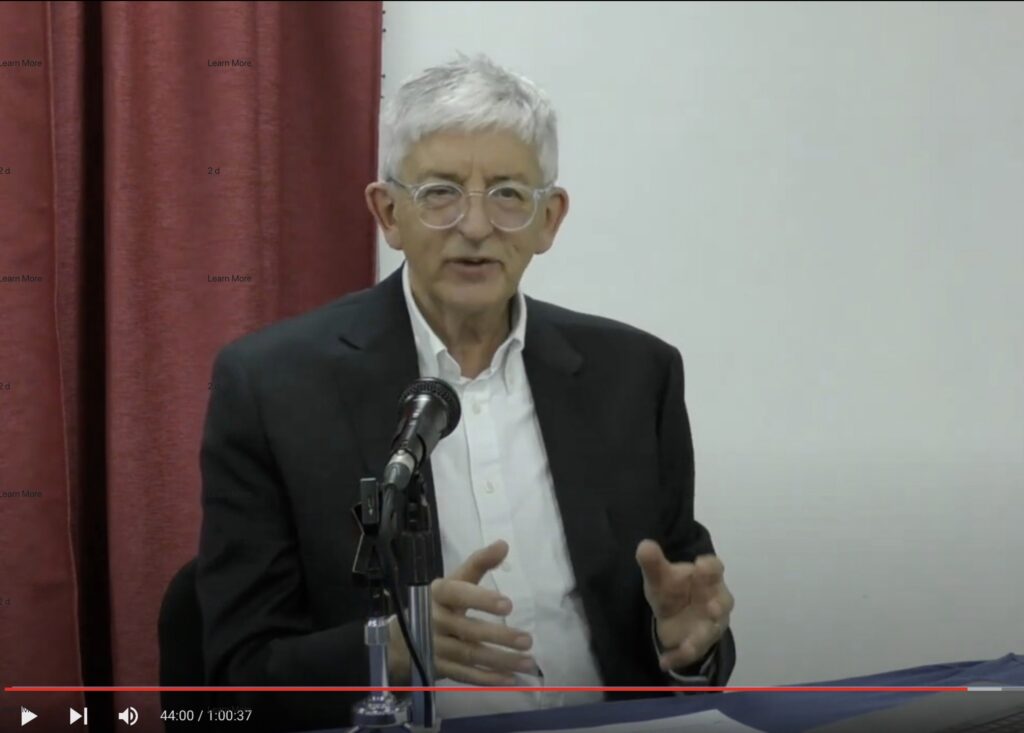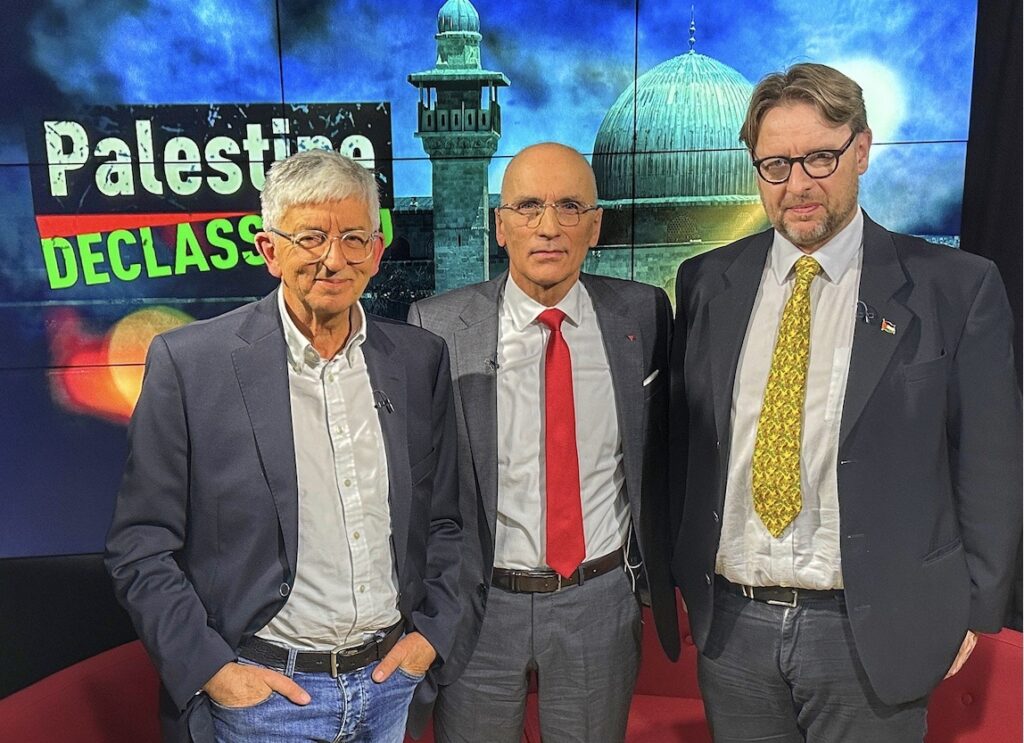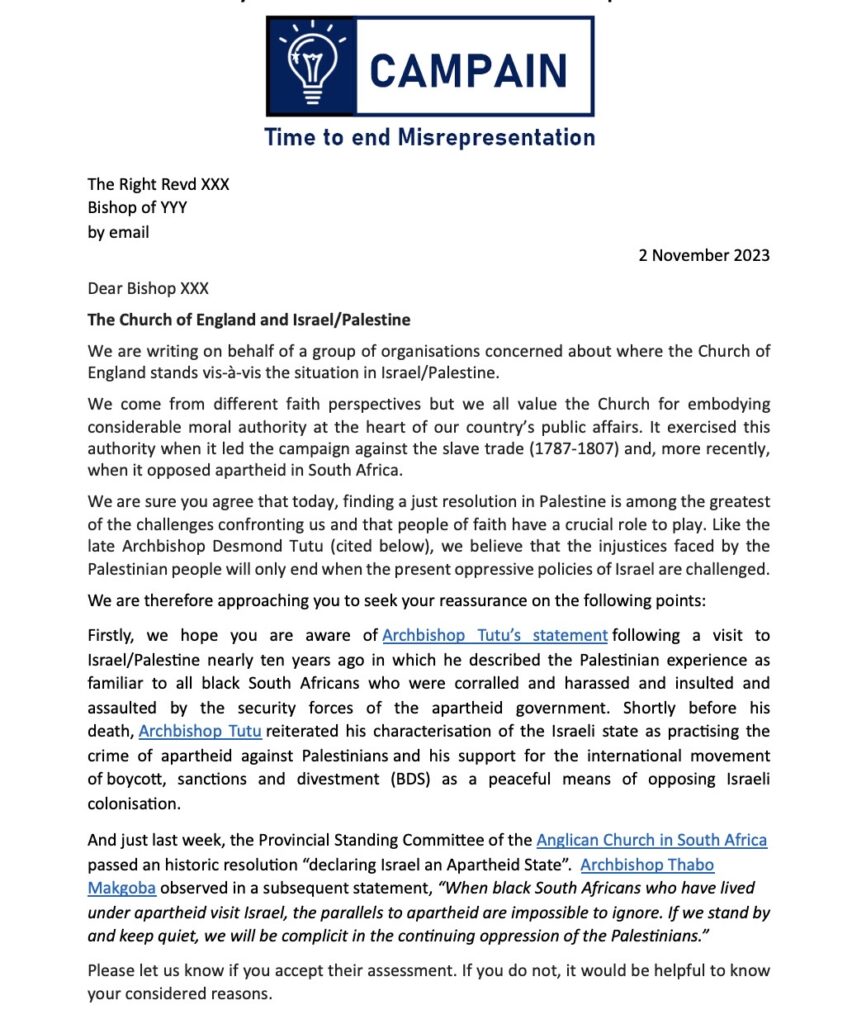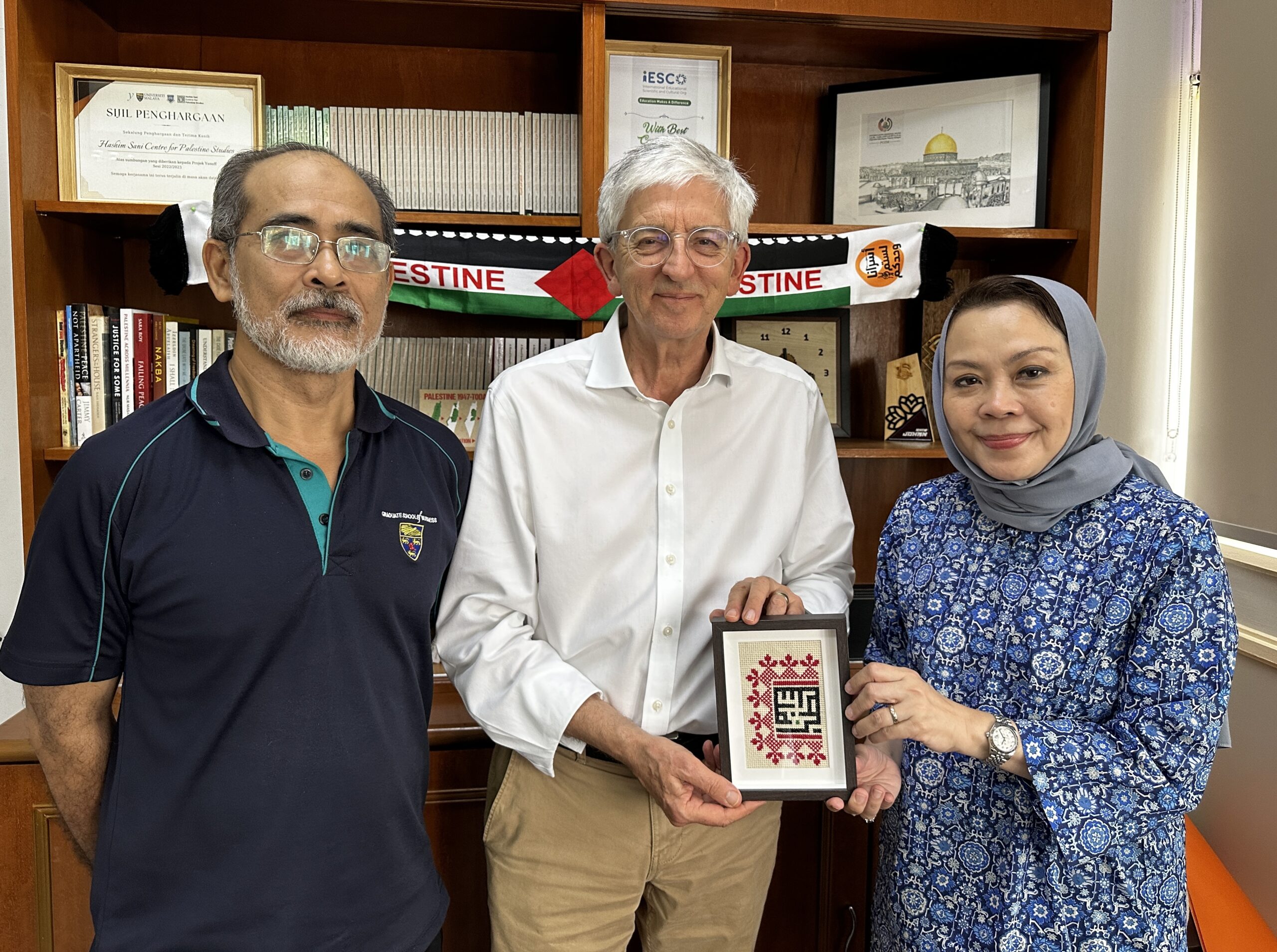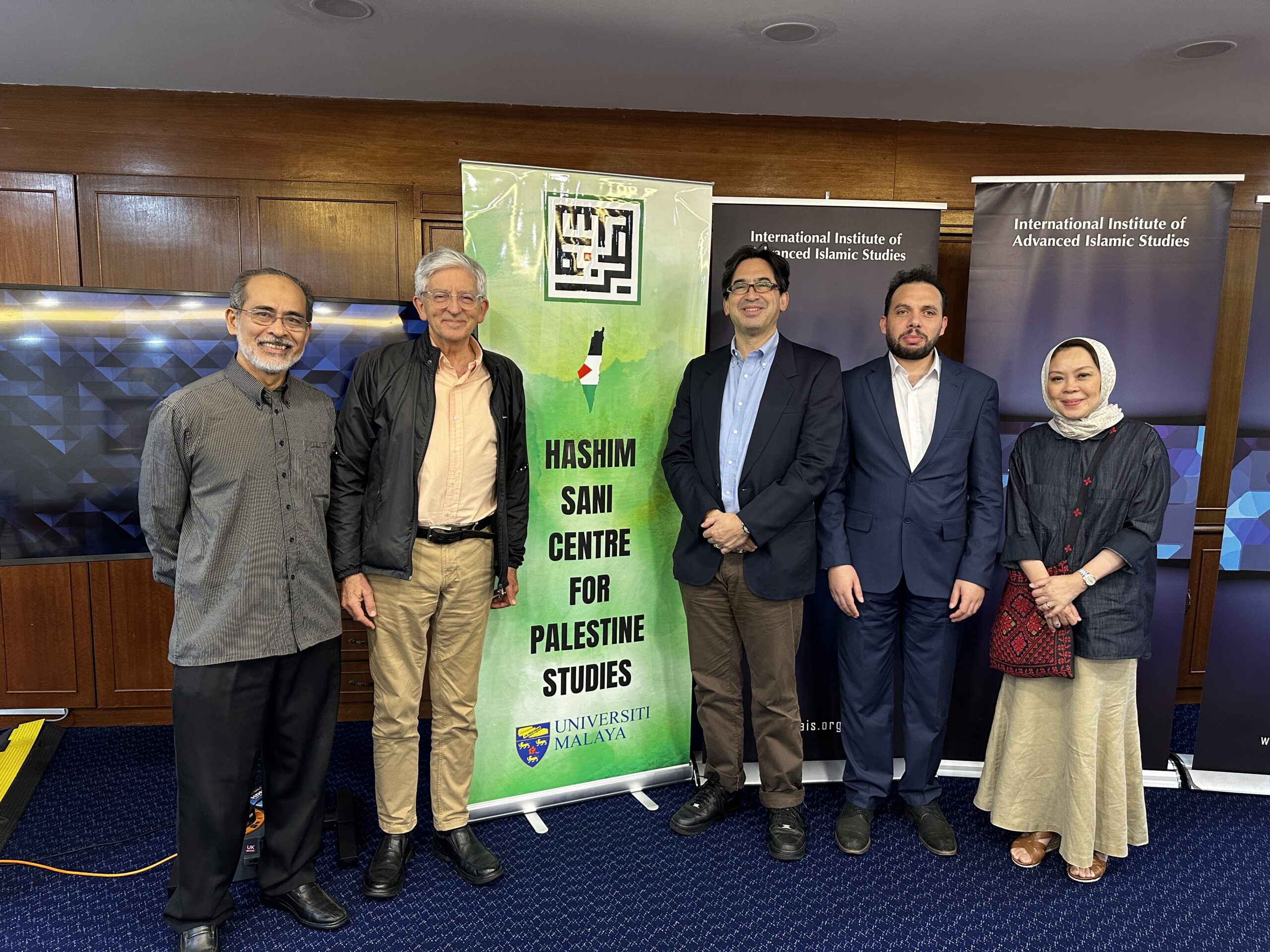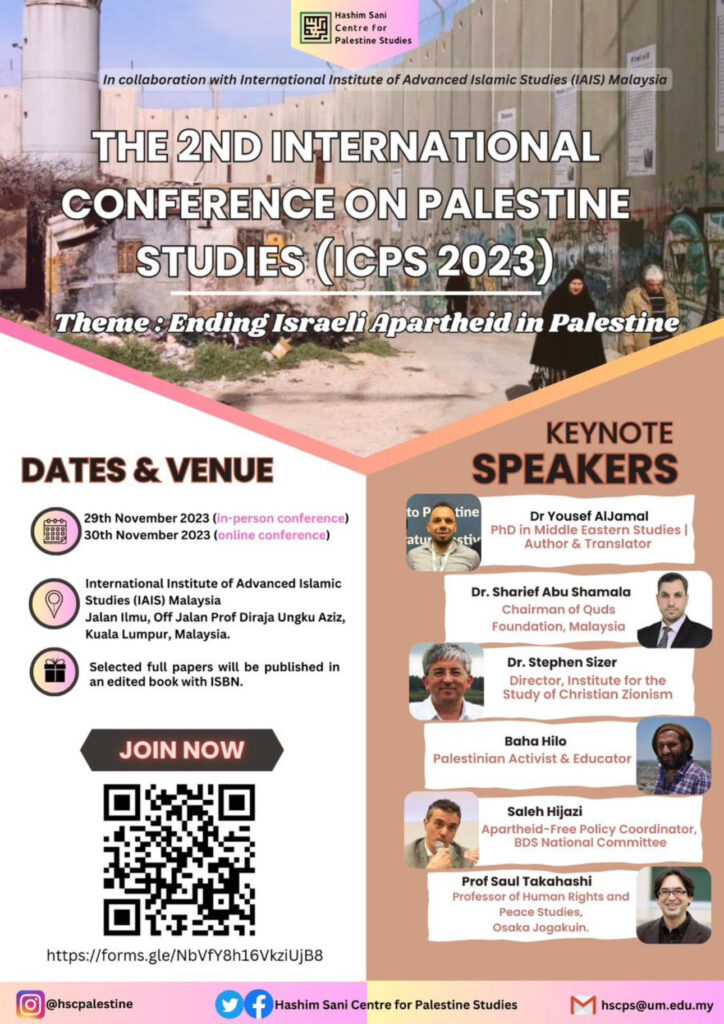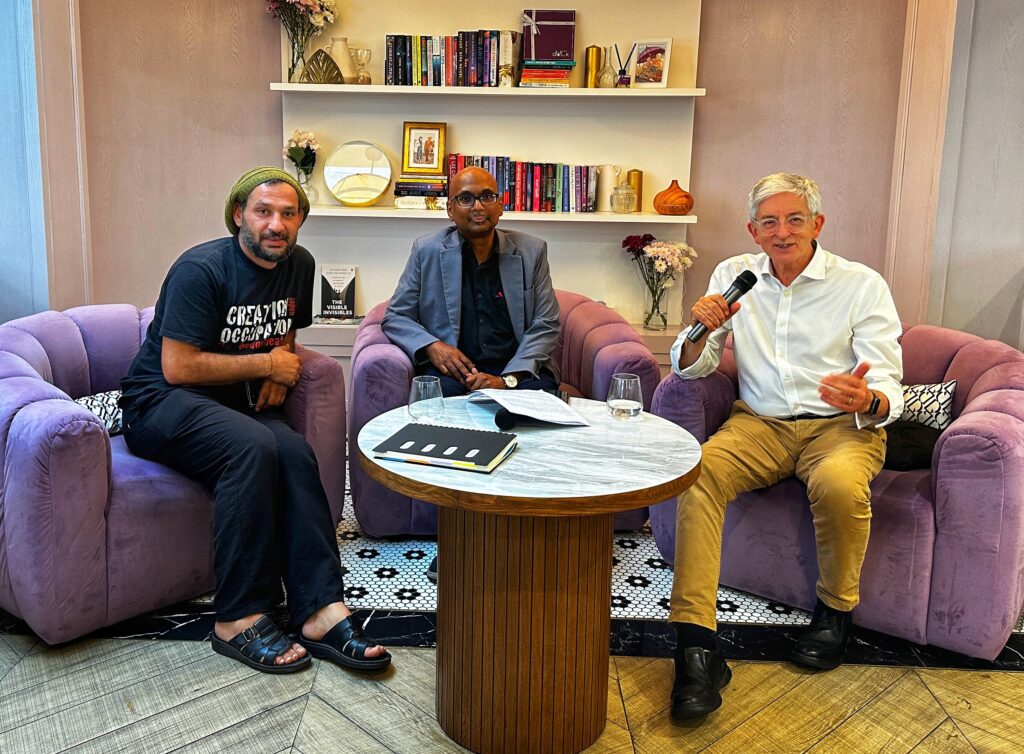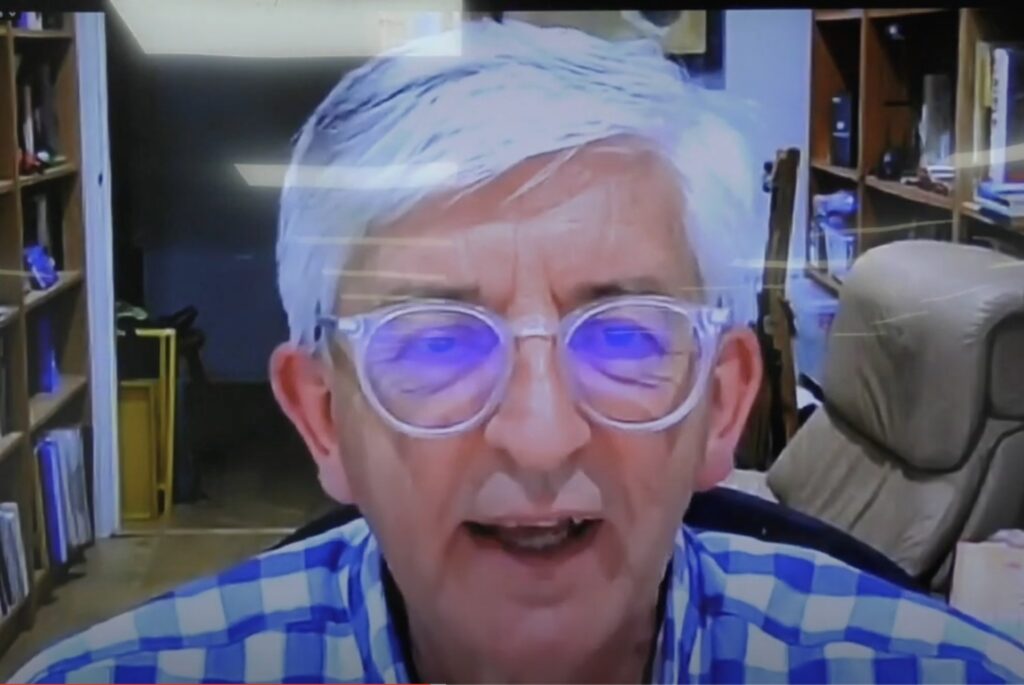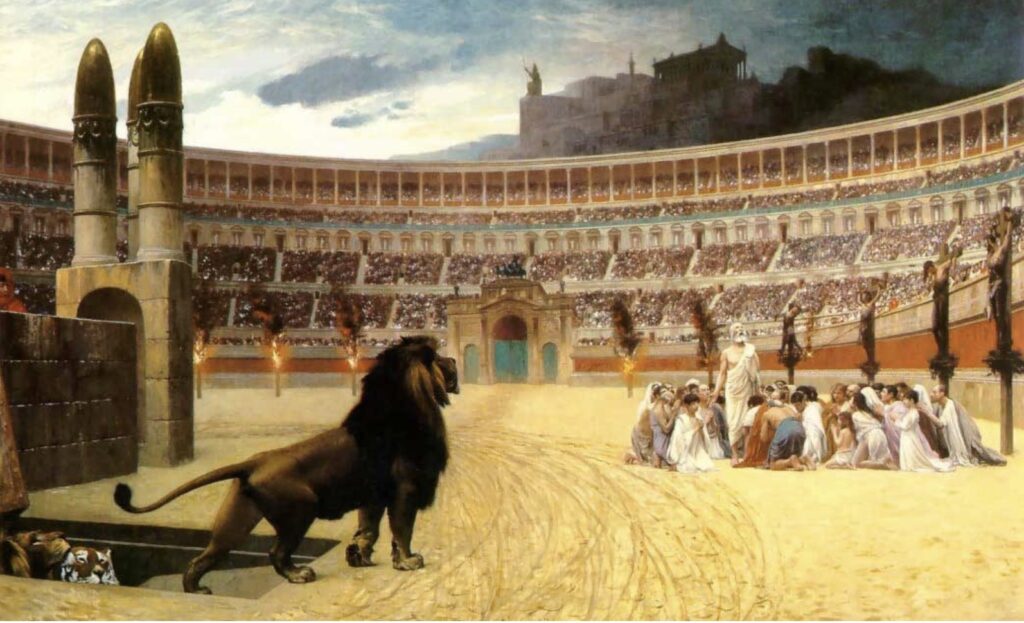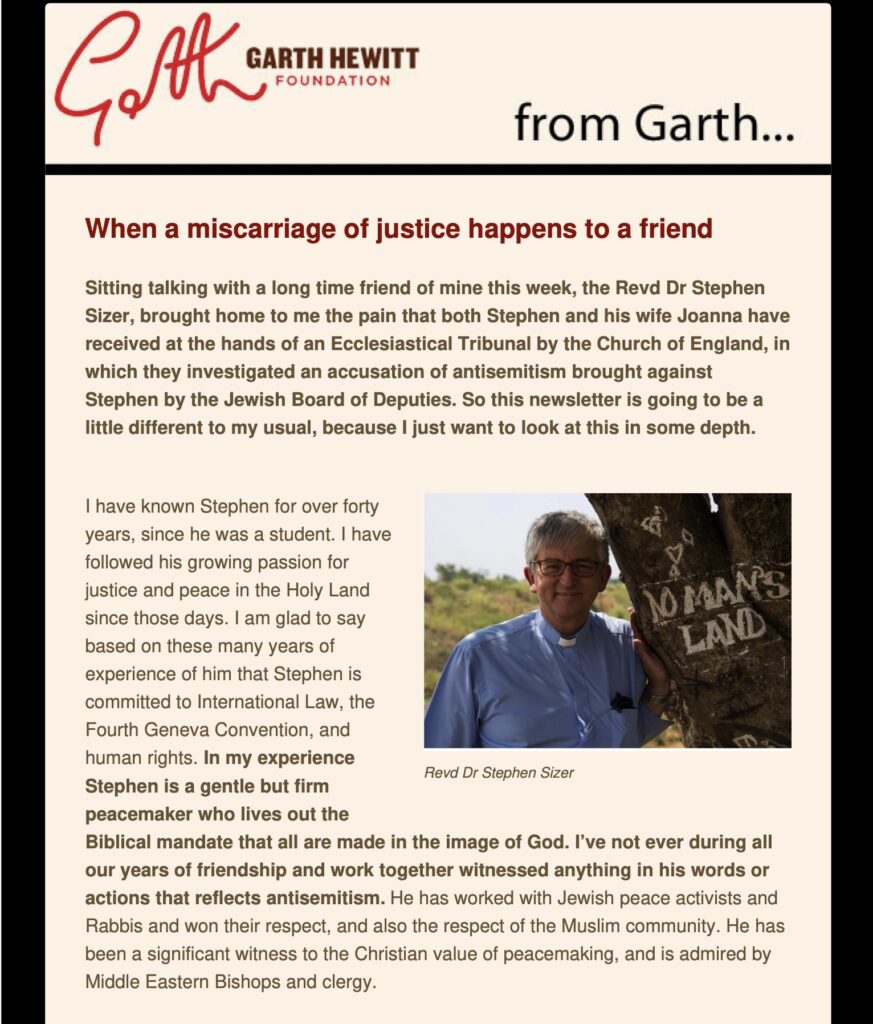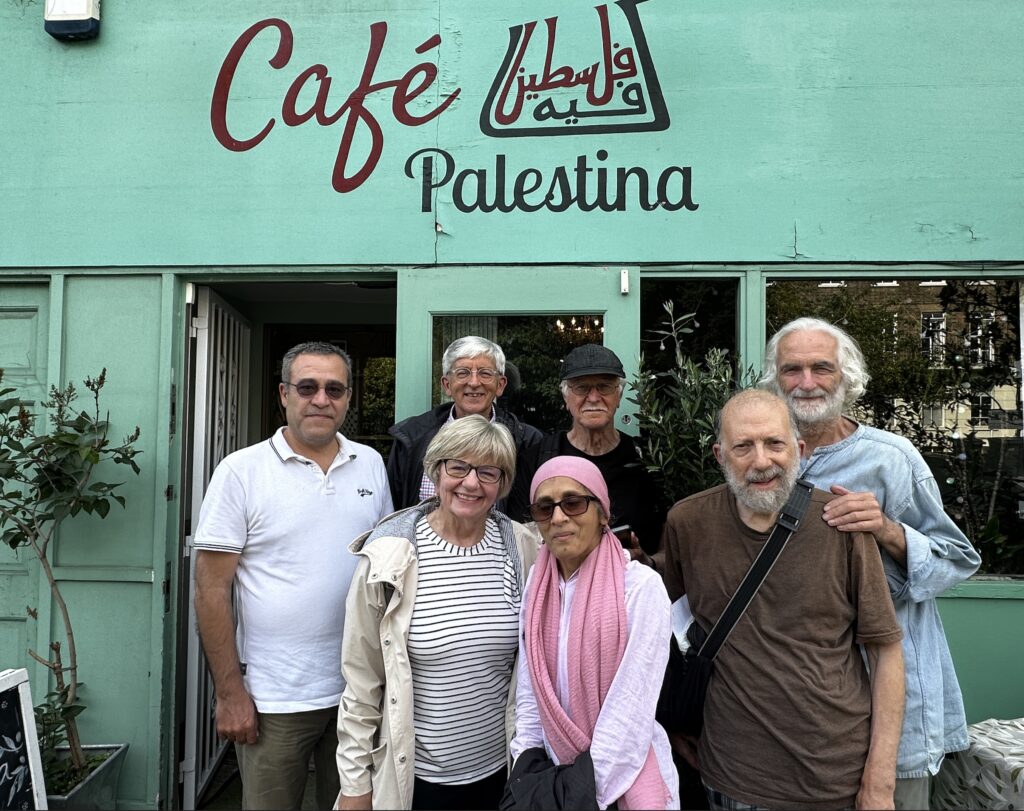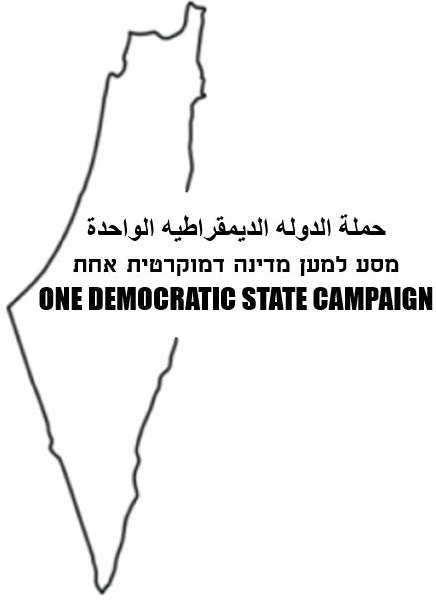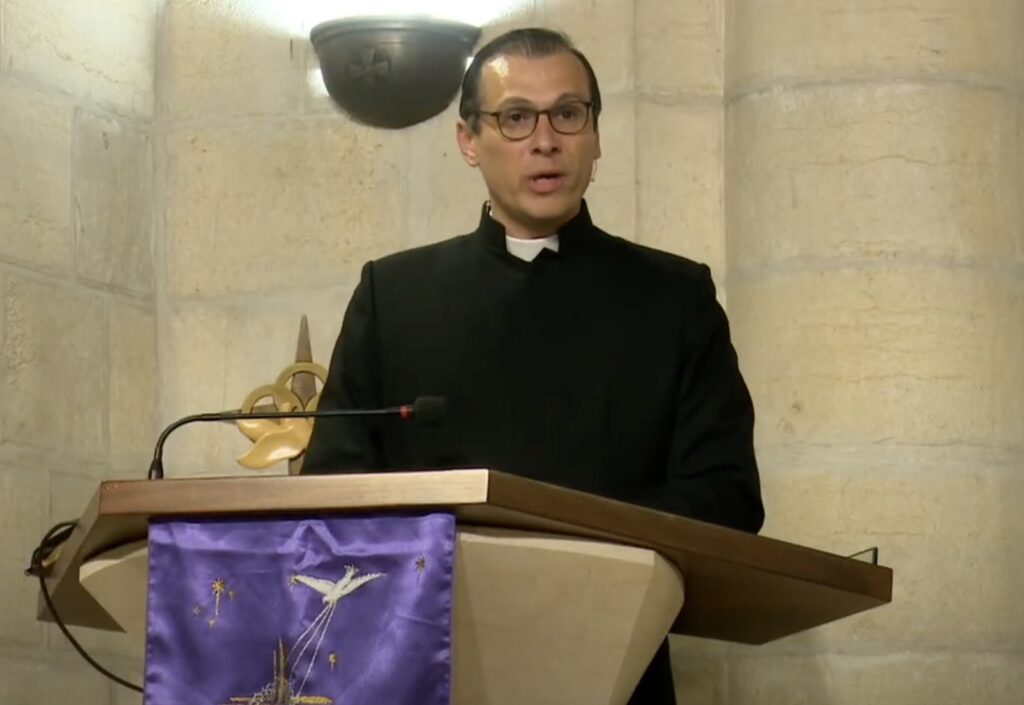
The Revd Dr Munther Isaac, is the vicar of the Evangelical Lutheran Christmas Church in Bethlehem. Munther delivered a prophetic message during the Christ in the Rubble Liturgy of Lament service today. It was a powerful message challenging Western Churches to demonstrate solidarity with the suffering church in Palestine and repudiate the genocide occurring in Gaza, because silence is complicity.
View the video here
Read Munther’s text below:
Christ in the Rubble
A Liturgy of Lament
“We are angry…
We are broken…
This should have been a time of joy; instead, we are mourning. We are fearful.
20,000 killed. Thousands under the rubble still. Close to 9,000 children killed in the most brutal ways. Day after day after day. 1.9 million displaced! Hundreds of thousands of homes destroyed. Gaza as we know it no longer exists. This is an annihilation. A genocide.
The world is watching; Churches are watching. Gazans are sending live images of their own execution. Maybe the world cares? But it goes on…
Continue reading
